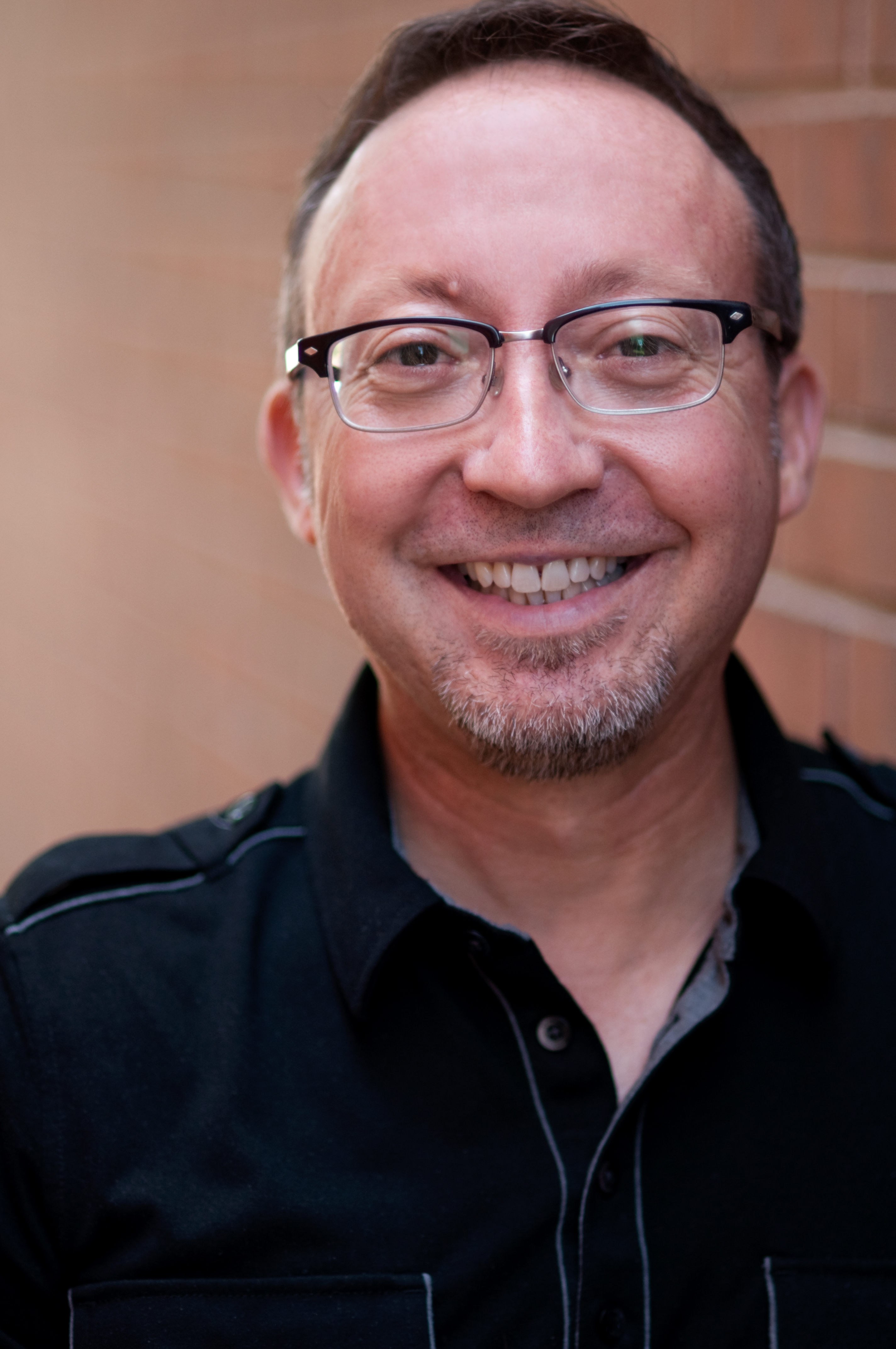“There’s a great support group I’d like to take you to…”
Yikes! I had just shared with a close friend that, after years of being estranged from God, He was now back in my life. I was at one of those low points of sheer desperation. God’s quiet knocking on the door of my heart could finally be heard. His word was opening up to me in a way it never had before—I was grateful for His real and tangible Presence. But of course, along with His presence, old familiar questions began coming up. I wondered, “What does God think about my sexual feelings towards men?” I was putting these questions about my attractions, gay identity and faith back on the table again. Most of my life had been spent repressing these confusing feelings and the last portion of my life up until that point embracing them. I was at a loss of where to go now. Enter my friend and the conversation that led to the above response.
That was back in 1987 and I was 24 years old. I’m 54 now, and 30 years later I can still vividly remember my reaction. Did I really need a support group? The thought of walking into an unknown environment and sharing personal things with a bunch of strangers was unnerving. It took her three times of patiently asking (I was that scared), but third times a charm, and I showed up. And I’m so glad I mustered up the courage to do so.
Some Benefits of Support Groups
I know many who consider attending a support group can get those same anxious feelings. But for those who conquer their fears, there are many benefits if you stick with it.
- I remember experiencing the first several months of sitting in WGA small groups and realizing other people shared the same problems. I was not alone. It was comforting to know other men and women were in conflict with their sexual attractions and behavior. Yet, relationship with Jesus and following Him was paramount in our lives. It was extremely helpful to have an environment to explore these realities.
- After being at WGA for awhile, I learned the root of my problems were relational. I just didn’t do relationships very well. There was a string of broken relationships with friends and family, and romantic relationships nearly always blew up in my face. I needed a healthier definition of intimacy. The WGA environment gave me a safe place to practice and develop new skills in relating to others.
- I also started seeing a counselor doing some deeper work on my issues. What I learned in my counseling sessions I brought to discuss in my small group time at WGA. What I heard and processed with other group members, I’d take back to my counseling sessions. A combination of counseling and group support can accelerate a therapeutic process.
- Several of my first small group experiences felt uncomfortable. It took a while to feel at ease with sharing personal problems in my life with people I didn’t know. Having men and women facing some of the same questions and situations added tremendous emotional support. It helped me open up and take some steps towards vulnerability and being known. Confidentiality in the small group setting is important, knowing what I share in group stays there.
Gratitude
I have grown so much in my time at Where Grace Abounds—emotionally, relationally and spiritually. I am grateful to God. For those who press through fears and misconceptions about participating in a support group environment, it can be a place in which to thrive. But what could be some useful tips that will help someone return again and again when things get difficult or painful? We’ll cover that in part two of this article.
Where Grace Abounds offers healing opportunities through community and relationships in our weekly support group. For more information on the ReSOULutions series check here.

Scott Kingry
Program Director
A staff member since June of 1992, Scott is a key player in the WGA discipleship ministry. He plans, organizes, and implements every aspect of the Thursday night support group. In addition to public speaking, counseling group participants and training leaders, Scott maintains personal contact with many group members and it is to Scott’s credit that many group members feel personally welcomed, cared for and loved.
Although he holds a degree in graphic arts, he attributes his ministry qualifications to the “school of hard knocks.” God’s abundant grace continues to be the instrument of growth in his life, and he desires to be firmly grounded in the forgiveness and freedom of relationship with Jesus Christ.
Scott attends a Presbyterian Church.

